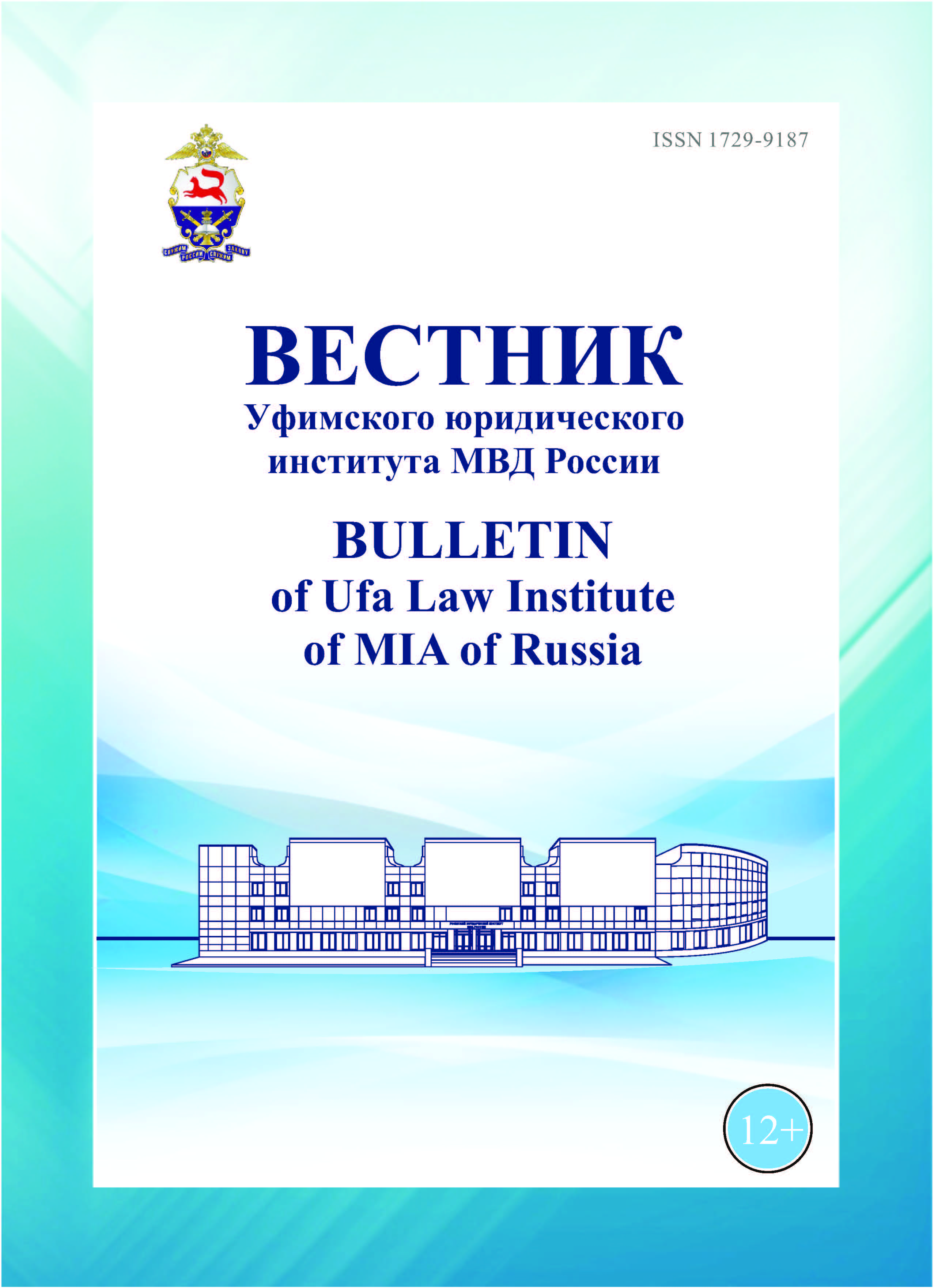This article deals with the importance of context in the semantization of phraseological units and the peculiarities of their functioning in the fiction text. The author notes the specifics of the combinability of phraseological units with the units of the same linguistic level in the works of M. A. Sholokhov. Based on the analysis of the writer's literary texts the conclusion is made that the concentrated use of phraseological units is a characteristic feature of his idiostyle. The author points out that the typical combinability of phraseological units is their coexistence with lexemes. The interaction of phraseological units among themselves is a rarer phenomenon, explained by their very nature. It is emphasized that the peculiarities of phraseological units functioning in the text and the possibilities of their combinability depend on the structure of phraseological meaning. The concentrated use of phraseological units determines their semantics and contributes to the enhancement of figurativeness and expressiveness of the text. Consequently, the concentration of phraseological units performs an aesthetic, expressive and influential function.
phraseological unit, context, concentration of phraseological units, idiostyle, M. A. Sholokhov, functions of phraseological context
1. Bolotnova N. S. Artistic text in the communicative aspect and complex analysis of units of the lexical level: monograph / ed. S. V. Sypchenko. Tomsk: Tomsk State University, 1992. 312 p. (In Russ.)
2. Kolshansky G. V. Contextual semantics: 3rd ed. M.: URSS, 2007. 149 p. (In Russ.)
3. Telia V. N. Connotative aspect of the semantics of nominative units. M.: Nauka, 1986. 143 p. (In Russ.)
4. Telia V. N. Russian phraseology: semantic, pragmatic and linguoculturological aspects. Moscow: Languages of Russian culture, 1996. 288 p. (In Russ.)
5. Melerovich A. M., Mokienko V. M. Semantic structure of phraseological units of the modern Russian language. Kostroma, 2008. 484 p. (In Russ.)
6. Dibrova E. I. Selected works: in 2 volumes. T. I. Artistic text: Structure. Content. Meaning. M.: TVT Division, 2008. 429 p. (In Russ.)
7. Dibrova E. I. Selected works: in 2 vols. T. II. Lexicology. Phraseology. Text syntax. Moscow: TVTDivision, 2008. 470 p. (In Russ.)
8. Revzina O. G. Context // Culture of Russian speech: encyclopedic dictionary-reference book. M.: Flinta: Nauka, 2003. P. 274–277. (In Russ.)
9. Pavlenko T. L. Reception of the concentration of phraseological units in the prose of M. A. Sholokhov // Sholokhov Readings – 2005. The work of M. A. Sholokhov in the context of world culture: a collection of articles dedicated to the 100th anniversary of the writer. Rostov-on-Don, 2005. P. 209–217. (In Russ.)
10. Butenko E. V., Zimmerman G. A. Amplification of the axiological semantics of phraseological units as a result of their transformation in film discourse. Kazanskaya Nauka. 2022. No. 4. P. 137–139. (In Russ.)
11. Kolobova E. A. Features of the functioning of phraseological units // Set phrases in the paradigms of science: materials of the International Scientific Conference. Tula: S-Print, 2015. P. 42–45. (In Russ.)
12. Sholokhov M. A. They fought for the Motherland: chapters from the novel. Stories. Essays. RostovonDon: Book publishing house, 1974. 304 p. (In Russ.)
13. Sholokhov M. A. Don stories. M.: Fiction, 1980. 302 p. (In Russ.)
14. Fedorov A. I. Phraseological dictionary of the Russian literary language: 3rd ed., rev. M.: AST: Astrel, 2008. 878 p. (In Russ.)
15. Dictionary of the language of Mikhail Sholokhov / ed. E. I. Dibrova. M.: Azbukovnik, 2005. 964 p. (In Russ.)









